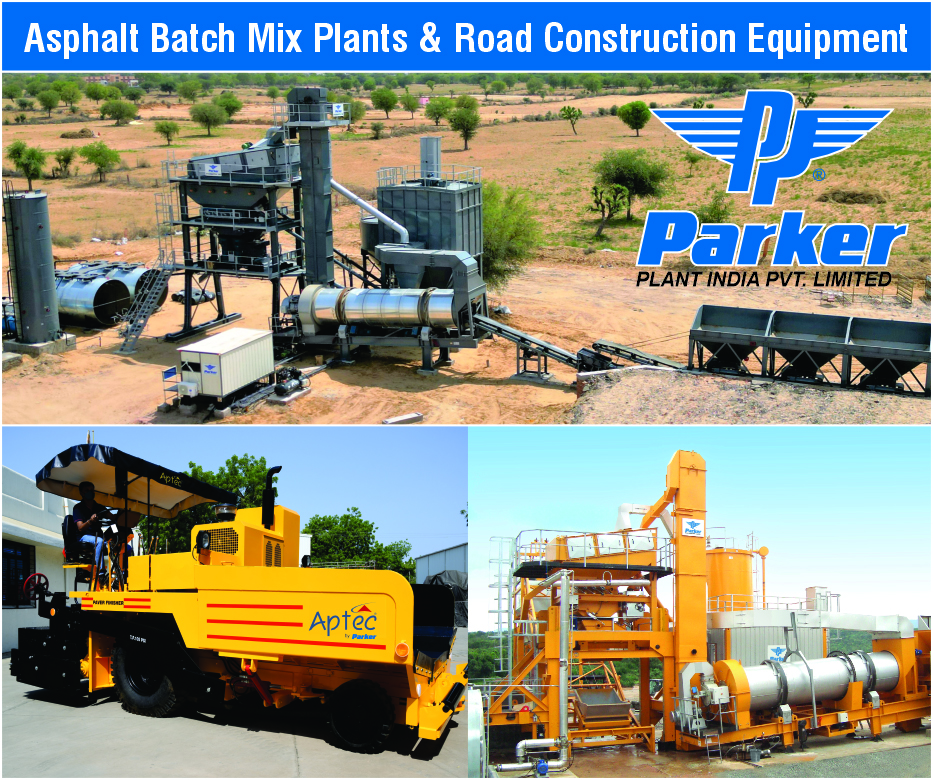According to the SMM survey, maintenance-related disruptions in steel-rolling lines for building materials eased this week—dropping by roughly 4,700 tonnes to 1.264 million tonnes—as mills ramped production post-maintenance.
Softening raw-material costs—iron ore and coke prices fell more steeply than rebar—enabled blast-furnace mills to secure over ¥100 profit per tonne, dampening incentives to halt works for upkeep . This profitability boost underpins steady output and reduces maintenance-related supply constraints.
Regionally, production resumed strongly in the Northeast, North, and South China, while Shanxi province saw some planned blast-furnace maintenance beginning July 1—likely deferring disruptions to next week. Yet in the East and Southwest, rolling-line or blast-furnace shutdowns persisted. Northwest regions remained largely stable .
On the demand front, heavy summer rains and high temperatures in central and eastern regions have slowed construction activity, though laboratory-level inventory rises in mills were counterbalanced by robust despatches from agents, maintaining balanced social stock levels.
In summary, strong mill margins and limited inventory stress suggest that the impact of maintenance on building-material steel is likely to continue declining through next week, supported by resilient cost dynamics and cautious demand.









